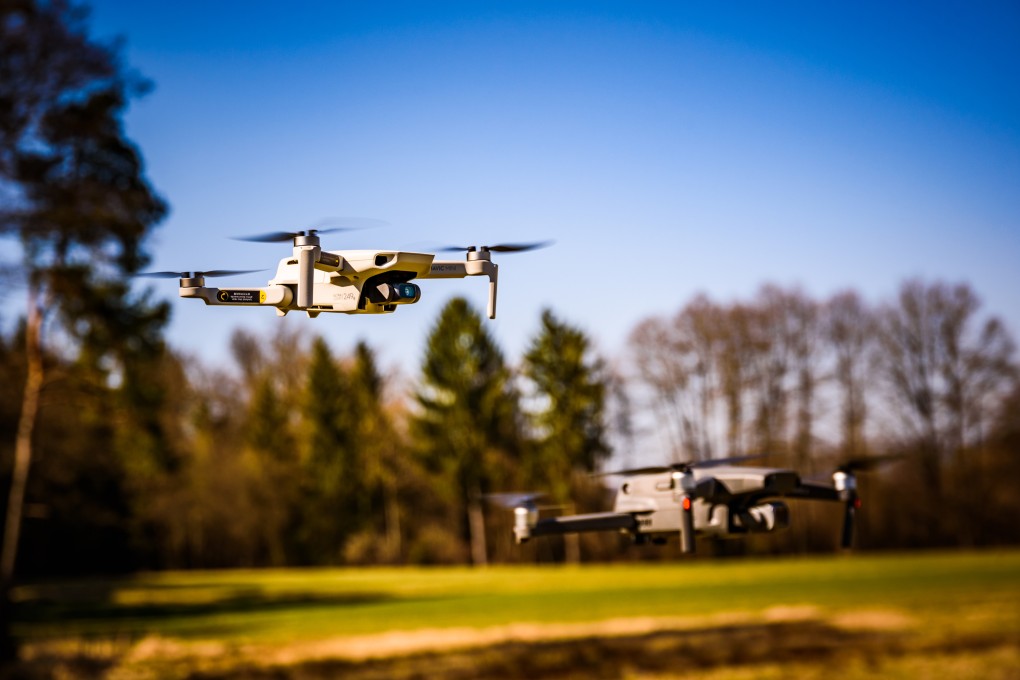China’s anti-spying agency warns drone users not to let state secrets leak
- Cautionary tales include a man who was jailed for a year for photographing a new warship so that he could show off on military forums

The Ministry of State Security warned that it had investigated and dealt with many cases involving illegal drone flights, photographing of confidential facilities and sensitive areas, and the sharing of that information online.
“These illegal acts have created the risk of leaking [details] of our country’s core military facilities and important geographic information,” it said in a post on its WeChat account on Thursday.
It also shared details of three cases involving drones, including one where a military technology enthusiast used a drone with a remote high-definition camera function to “illegally photograph” a new type of warship to brag on military forums in November 2021.
The man, identified only by the surname Luo, was sentenced to a year in prison and a further year’s probation for “illegally obtaining state secrets”, after he was found to possess secret-level and confidential-level military information.
China’s Law on Guarding State Secrets has a three-tier system for classified information: confidential, secret and top secret.